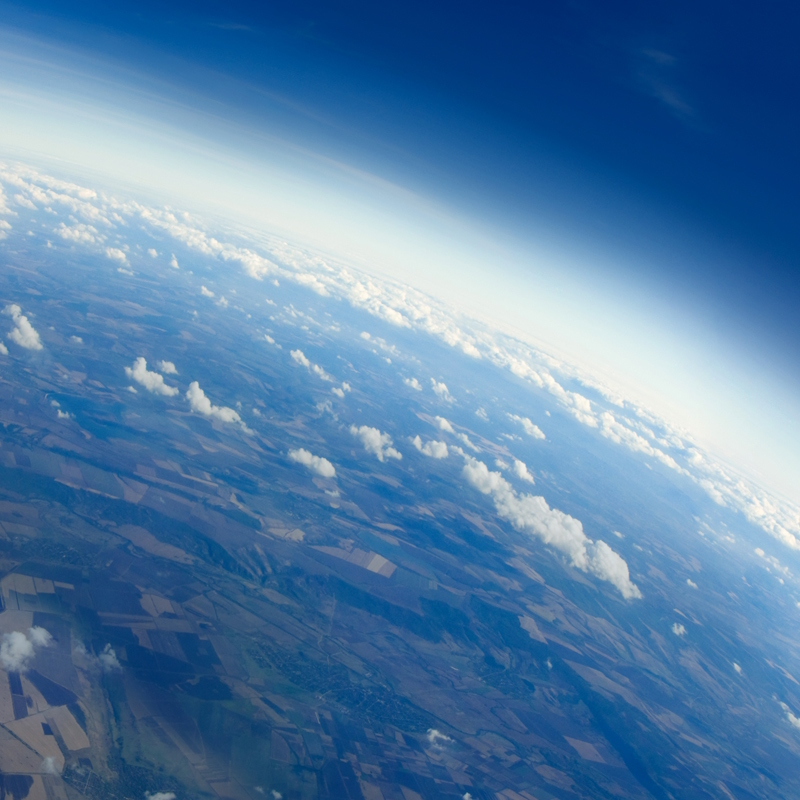A review of the Royal Society Vision Project’s Panel debate on interdisciplinarity at the Sunday Times Festival of Education.

What does a scientist-cum-novelist, a mathematician, a creative director and a philosopher have in common? No – this is not the beginning of what sounds like a mildly complicated joke, but rather the line-up for the Royal Society Vision Project’s Panel debate at this year’s Sunday Times Festival of Education.
The topic up for debate was interdisciplinarity. The panel asked what benefit, if any, might there be in integrating STEM (Science, Technology, Engineering and Maths) subjects with the Arts and what form might this take? I was not kindly disposed to the idea of a panel debate entitled ‘Full STEAM ahead’, given that on my way to the Festival I missed my connecting train after less than gracefully having chased it along the platform. However, I was quickly converted as the afternoon brought lively debate and raised several issues and questions that stayed with me even after it had drawn to an end.
Chairing the session was Professor Marcus du Sautoy who amongst other things, together with Dara O’Briain, tries to get the UK excited about mathematics with the TV show School of Hard Sums. Joining him was Professor of Zoology and award-winning novelist, Sunetra Gupta; Philosopher Professor Jonathan Wolff who also writes regularly for the Guardian; and Nigel Townsend who with Y Touring Theatre Company uses theatre as a medium to explore social and moral issues and their underlying scientific principles.
The diverse nature of the panel led to a debate which moved through interlinking questions of the aims of an education system; the nature of science and the arts; and how greater interdisciplinarity can be exploited and translated to the classroom.
One of the most interesting ideas came from Professor Gupta through her views on the aims of education. She described the educational process as the creation of a narrative – both for the individual and for society as a whole and it is in the development of this narrative that she sees science and the arts naturally convening.
Unexpected, but fertile ground for the understanding and appreciation of science continued to be a theme throughout the session. Nigel Townsend pointed to his experience with productions that cover topics such as the use of pharmacogenetics and advances in neuroscience, to demonstrate how emotional engagement can bring people to science. Audience suggestions included science rap and using humour to convey scientific concepts.
However, diversity of the panel also bred a diversity of views. Professor Jonathan Wolff told the audience that whereas art subjects are generally accessible to all even outside the educational system, most of us are only passive consumers of science. Following from this he argued that those who study the arts tend to be more well-rounded students whilst science education reads more like an ‘obstacle course’ – how long can you continue before it becomes too difficult?
A concept that was shared across the board was a belief in personalised learning – where learning is tailored to each student. As the session ended I was left with the view that integrating Science and the Arts could provide future students with a multitude of entry points to increase the understanding and appreciation of both.
The Royal Society is working on an ambitious project to set out a Vision for how the UK can develop and inspiring and high performing science and mathematics education system over the next 15-20 years. The panel debate at the Sunday Times Festival of Education held in June 2013 forms part of the evidence base of the final report, due to be published in the spring of 2014.
